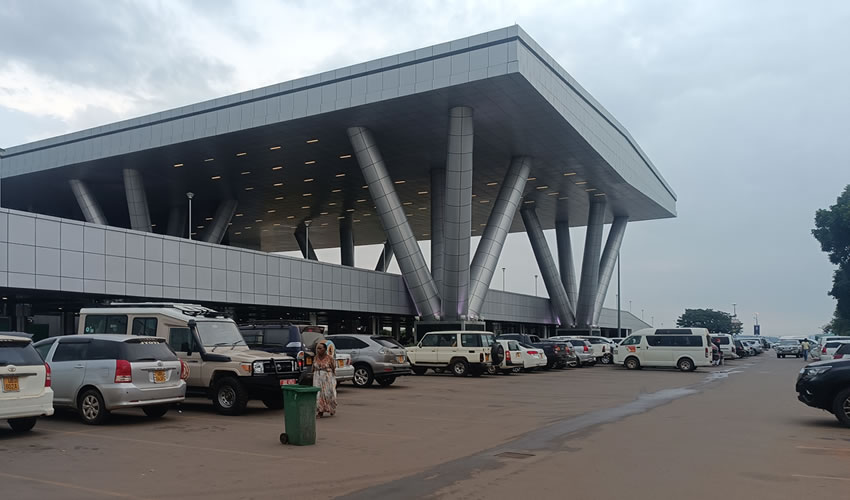By : Kabbyanga Godfrey Baluku Kiime
As Uganda prepares to embark on its 6th National Population and Housing Census (NPHC) starting on May 10th, 2024, it presents a well-timed moment for Ugandans to reflect on the significance of this endeavor for the nation's future development and policy-making. This census represents far more than a mere headcount; it is a cornerstone upon which Uganda's future policies, programs, and progress will be built.
Uganda Bureau of Statistics is set to kick off the exercise with training of district census officers on April 4th. This will start at the district level then the village level. The training is expected to be held between April 29th and May 7th. The Population Census 2024 is set to be a landmark event as Uganda’s first-ever digital census. This is in anticipation of more accurate data to be collected.
Censuses are not merely bureaucratic exercises; they are foundational pillars upon which effective governance, planning, and resource allocation rests. The data collected during the census provides invaluable insights into the demographic makeup of the country, including population size, distribution, age structure, literacy rates, housing conditions, and much more. This information forms the basis upon which evidence-based policies.
In a country like Uganda, with its diverse population and rapidly evolving socio-economic landscape, the importance of accurate and up-to-date census data cannot be exaggerated. It serves as a compass for policymakers, guiding them in identifying areas that require targeted interventions, whether it be in healthcare, education, infrastructure, or social welfare. Without a comprehensive understanding of the population dynamics, policymakers risk misallocation of resources and inequitable distribution of services, thereby perpetuating disparities and hindering progress.
By providing an accurate count of the population, including marginalized communities and minority groups, it lays the foundation for fair and inclusive political representation. This is especially crucial in a democracy like Uganda, where every voice deserves to be heard, and every citizen deserves equal opportunities for participation and representation. And programs are formulated to address the needs and aspirations of the populace.
However, conducting a census in a country as diverse and geographically challenging as Uganda comes with its own set of logistical and operational challenges. Ensuring an accurate count requires extensive planning, robust data collection methodologies, adequate resources, and widespread public participation. It is essential that the government, in collaboration with relevant stakeholders, prioritizes transparency, accountability, and inclusivity throughout the census process to build trust and confidence among the population.
In conclusion, the upcoming 6th National Population and Housing Census represents a critical milestone in Uganda's journey towards a brighter, more prosperous future. This is to also call upon all stakeholders – government, civil society, academia, and the private sector – to actively engage in and support the census process to ensure that it yields accurate, reliable, and actionable data that will shape Uganda's future for years to come.
The writer is the State Minister for National Guidance in the Ministry of ICT and National Guidance.








Comments